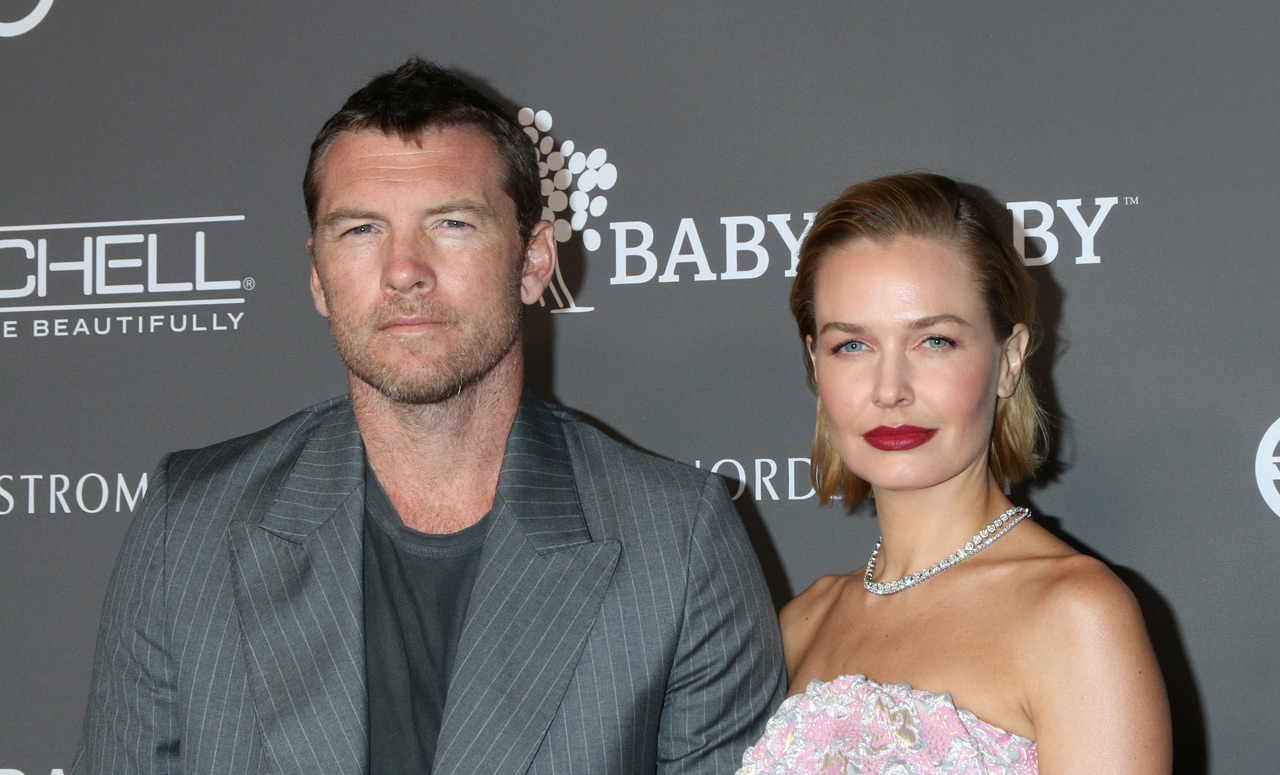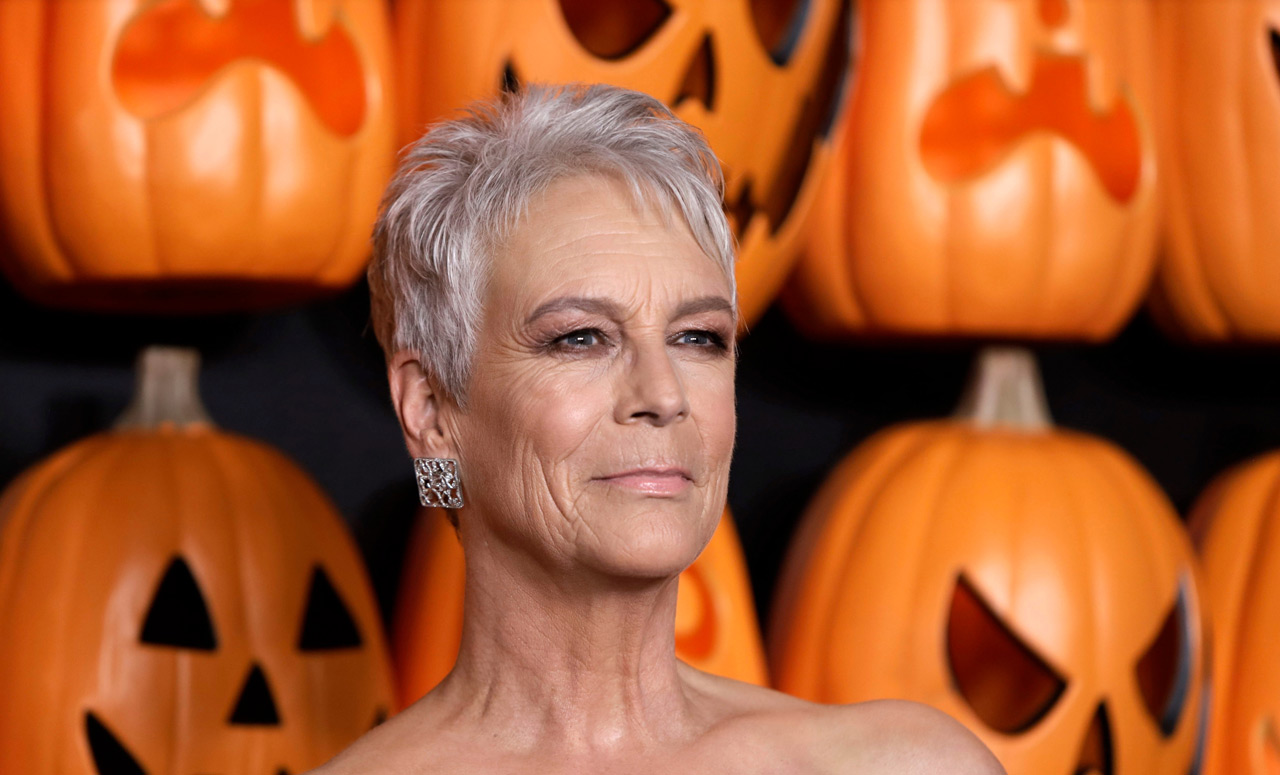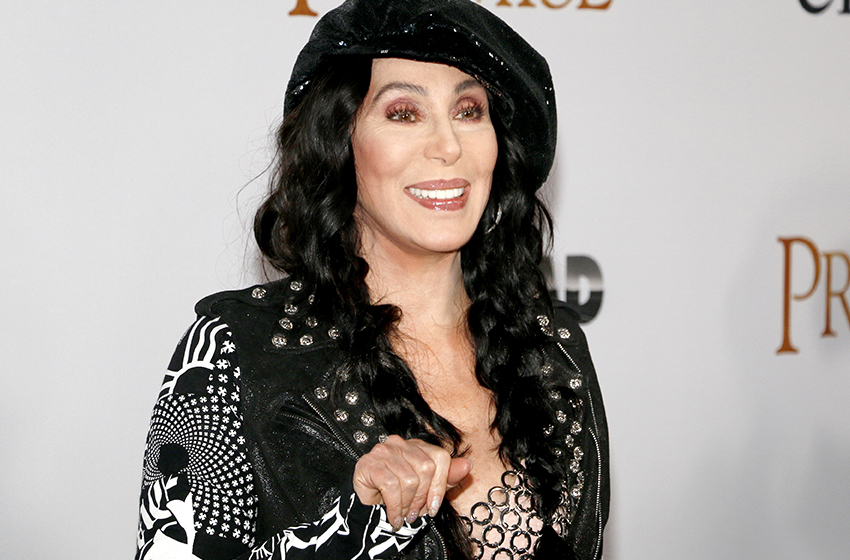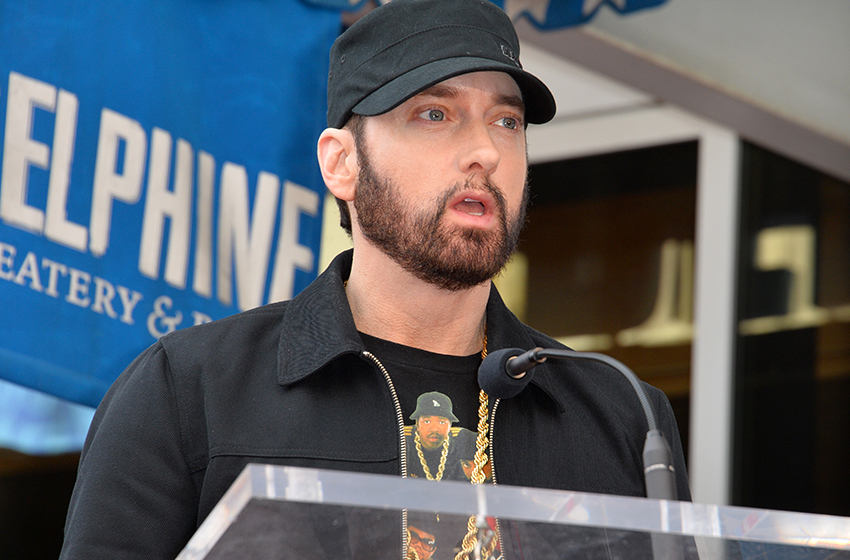“My Heart Is Broken”: Stevie Wonder Says On Malcolm-Jamal Warner’s Death
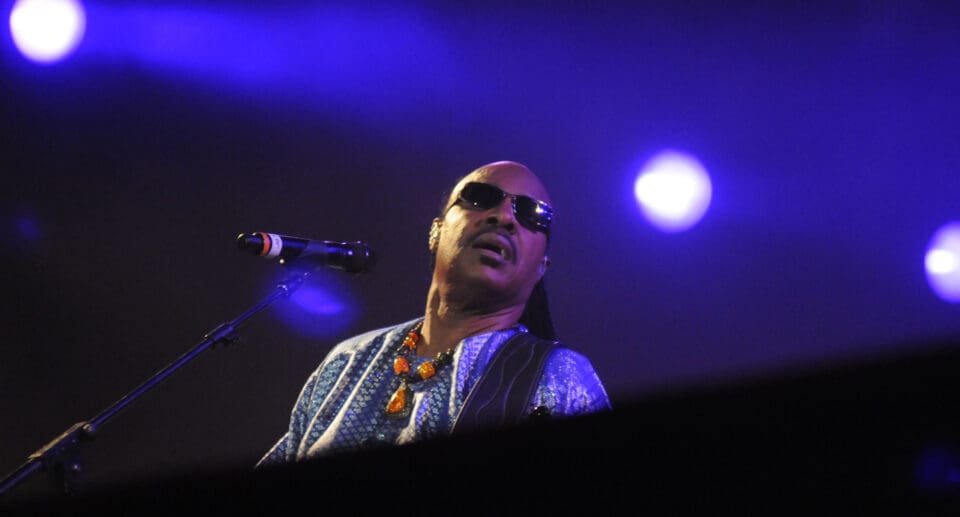
Stevie Wonder is grieving. And not just as a fellow artist, but as a man who truly felt the heart of Malcolm-Jamal Warner, an actor, musician, truth-teller, and a voice now gone too soon. Malcolm, best known for his role as Theo Huxtable on The Cosby Show, passed away on July 20 while vacationing in Costa Rica. Authorities confirmed he died from asphyxia due to drowning. He was 53.
Speaking to TMZ, Stevie, 75, shared his feelings about the loss of someone he connected with. “My heart is broken,” Stevie said.
Stevie compared Malcolm to a griot, a West African storyteller who carries the histories, songs, and spirit of a people. “Whenever a griot would die, it would be like a whole library of information burning,” he explained. For Stevie, that’s exactly what losing Malcolm feels like: a library lost. Not only was Malcolm an incredible talent on screen, but he was deeply committed to using his platform to speak the truth.
“My heart is broken because not only was he a talented man growing up and doing The Cosby Show, but even more important his commitment was telling the story, the truth,” Stevie stated, adding, “And for me, in a time where we have so many in high places telling low-down lies, we need the truth. So yeah, I miss him.”
Stevie Wonder’s connection to Malcolm-Jamal Warner goes back to 1986, when he guest-starred on The Cosby Show in the memorable episode A Touch of Wonder. In the episode, Denise (played by Lisa Bonet) accidentally crashes into Stevie’s limousine. As a thank-you for her honesty, Stevie invites the Huxtable family to his recording studio. There, he records samples of each family member’s voice and creates a custom version of I Just Called to Say I Love You. Malcolm-Jamal Warner, who played Theo, was part of that iconic studio scene, joining in on the fun with Stevie and the rest of the cast.
Years later, Malcolm returned the tribute. In 2013, he joined a cover of Stevie’s Jesus Children of America, a powerful version dedicated to the victims of the Sandy Hook Elementary School shooting. That cover later won a Grammy for Best Traditional R&B Performance.
But Malcolm wasn’t just an actor or a Grammy-winning musician. He was a poet with a saxophone, a truth-seeker with a podcast. His band Miles Long opened for greats like Luther Vandross, and his podcast Not All Hood dove deep into the many layers of Black identity, challenging stereotypes and inviting real, layered conversations.
“When we talk about the Black community, we tend to speak of it as a monolith when the reality is there are so many different facets of the Black community,” Malcolm said in a past interview, “and we wanted to have a space where we can really explore, discuss, and acknowledge all of those different aspects.” And he was determined to shine a light on all of them.
Now that light has dimmed but Stevie wants others to carry it forward. “I hope that the writers, the singers, rappers will begin to spread messages of positivity, of hope, and us moving this world forward,” he said.


